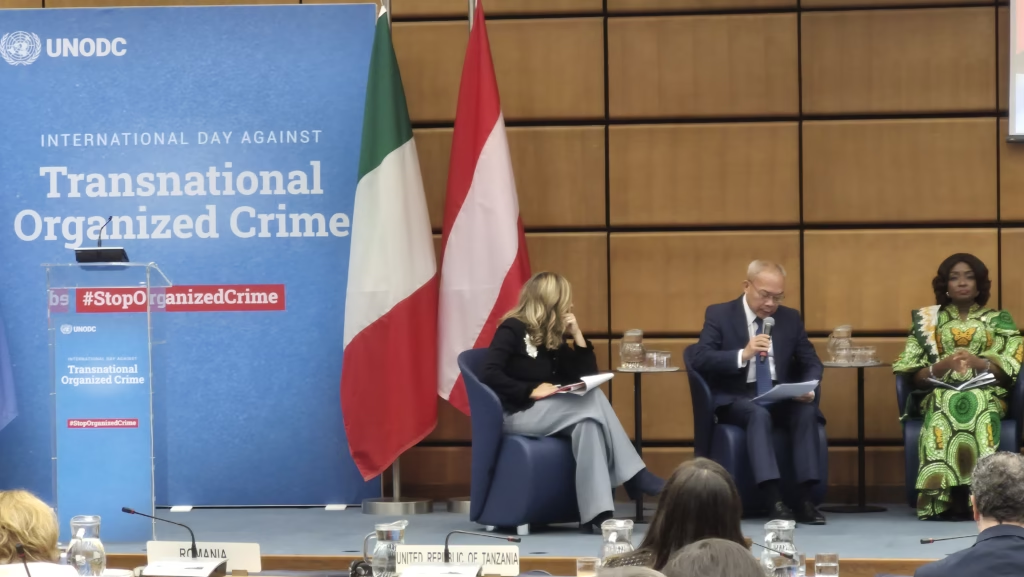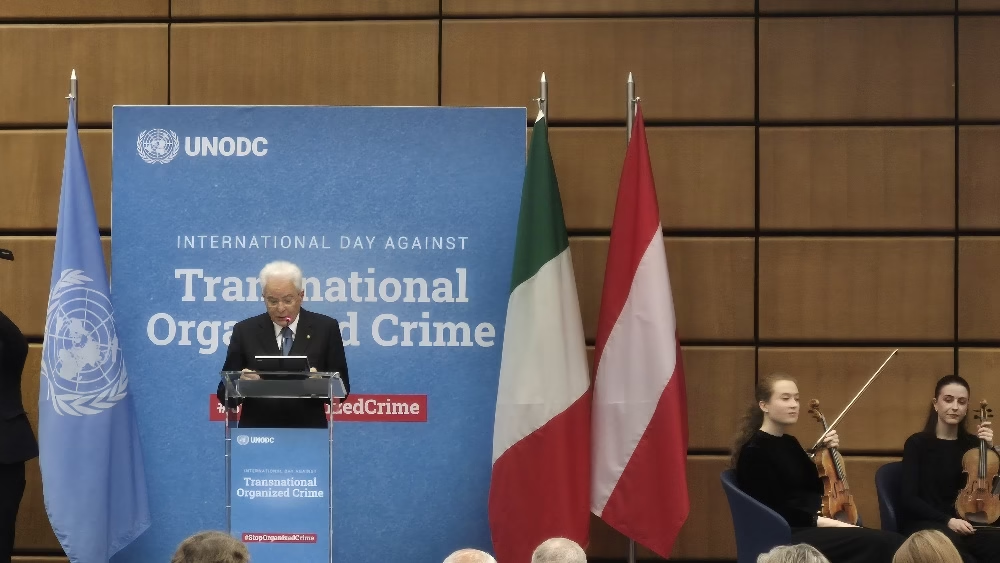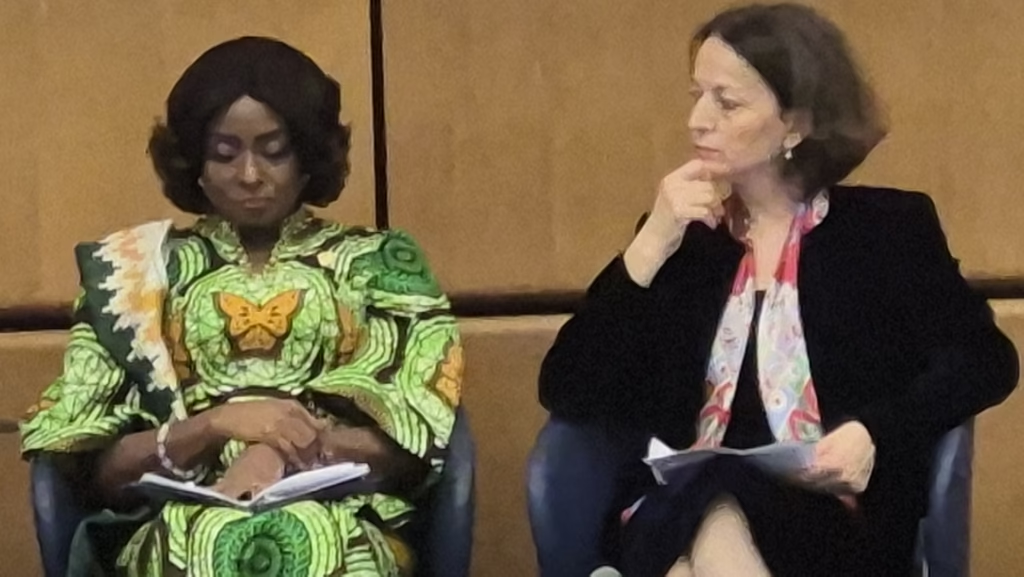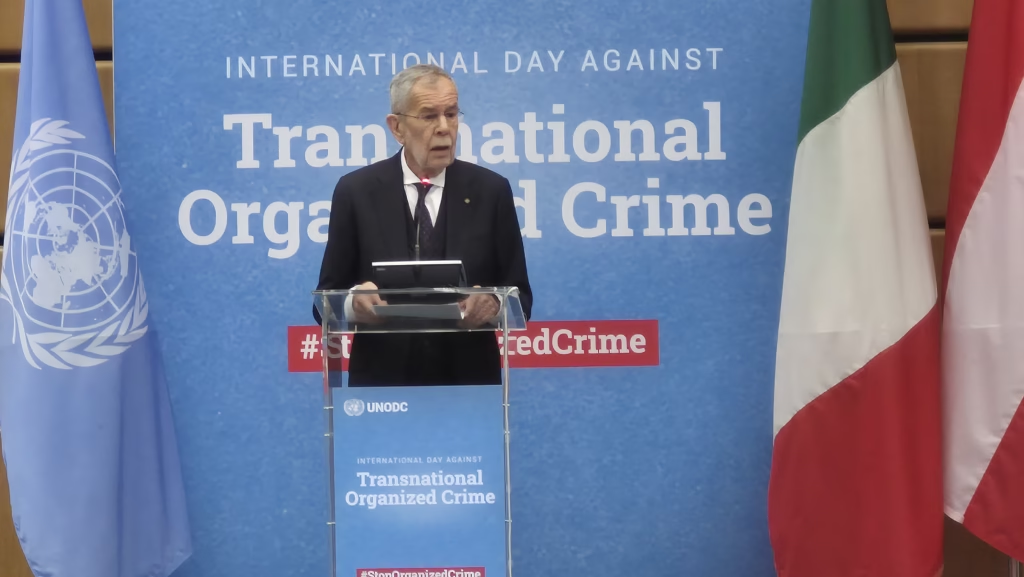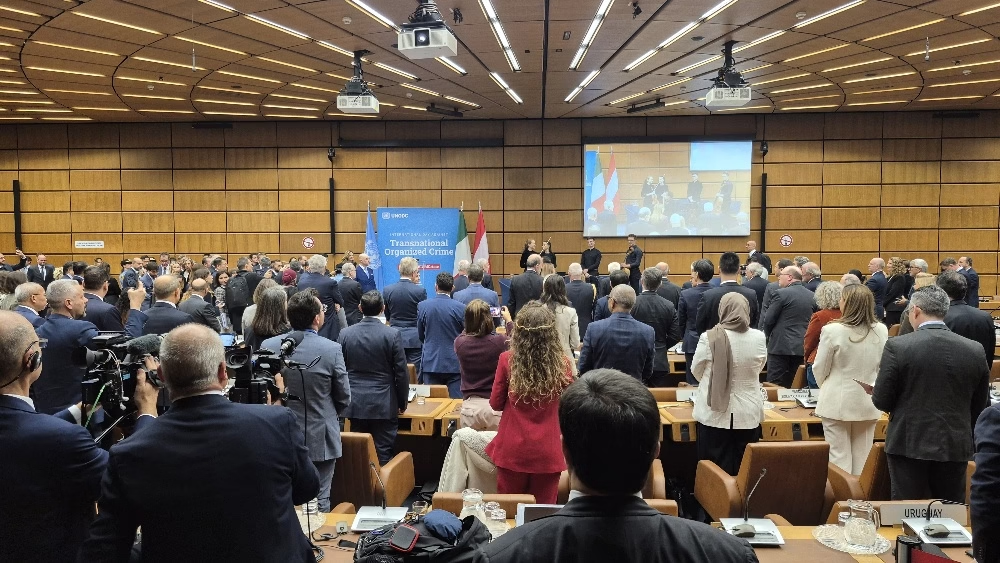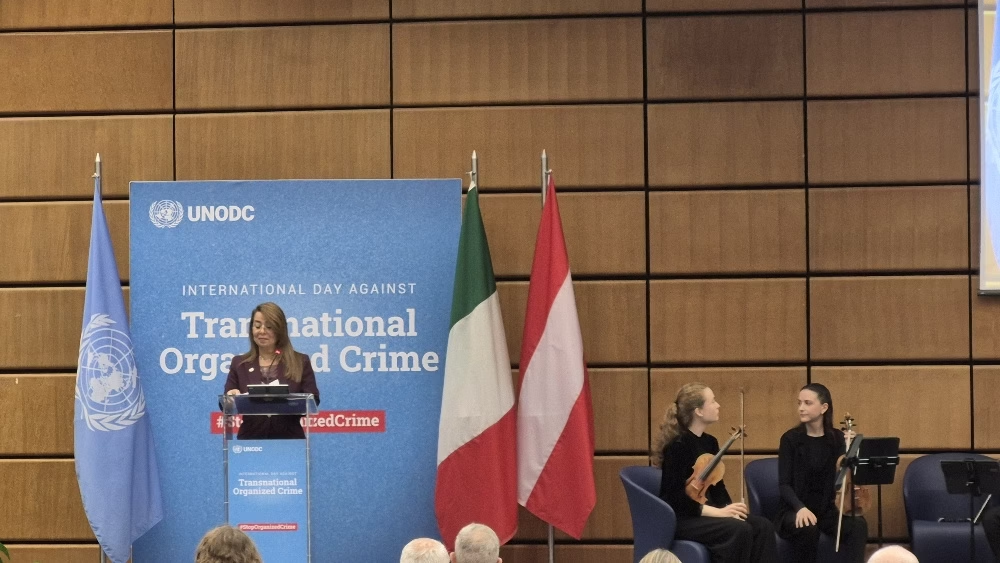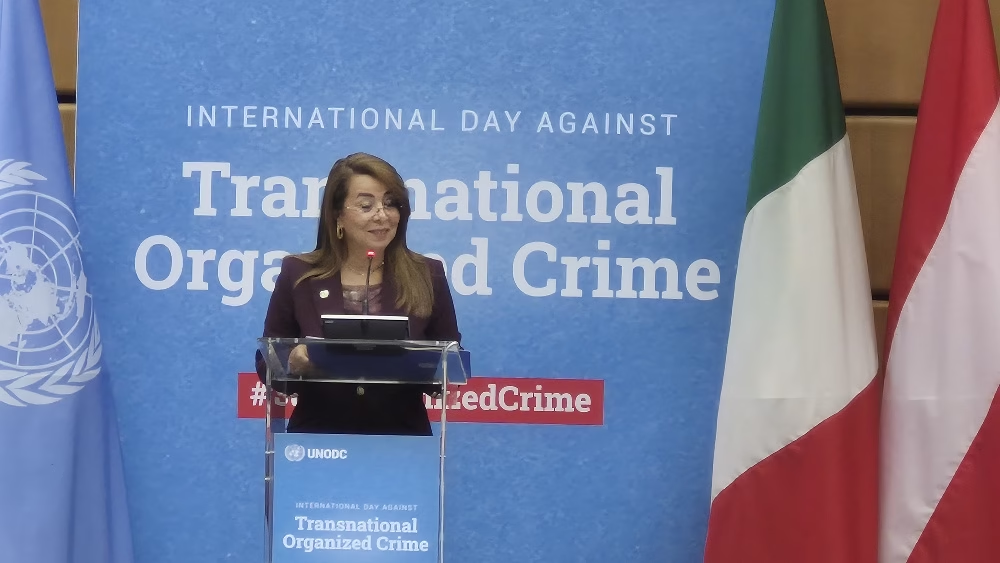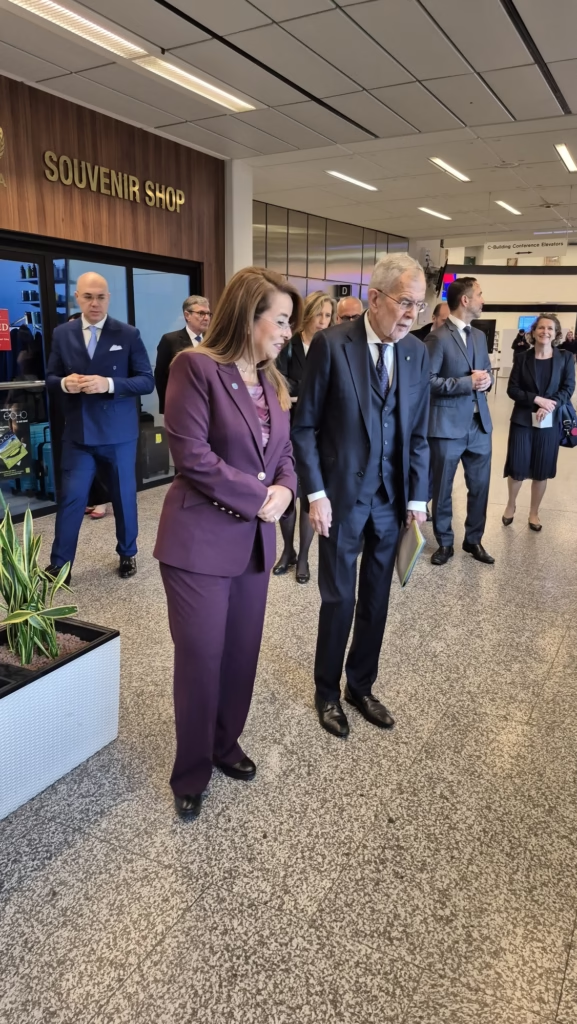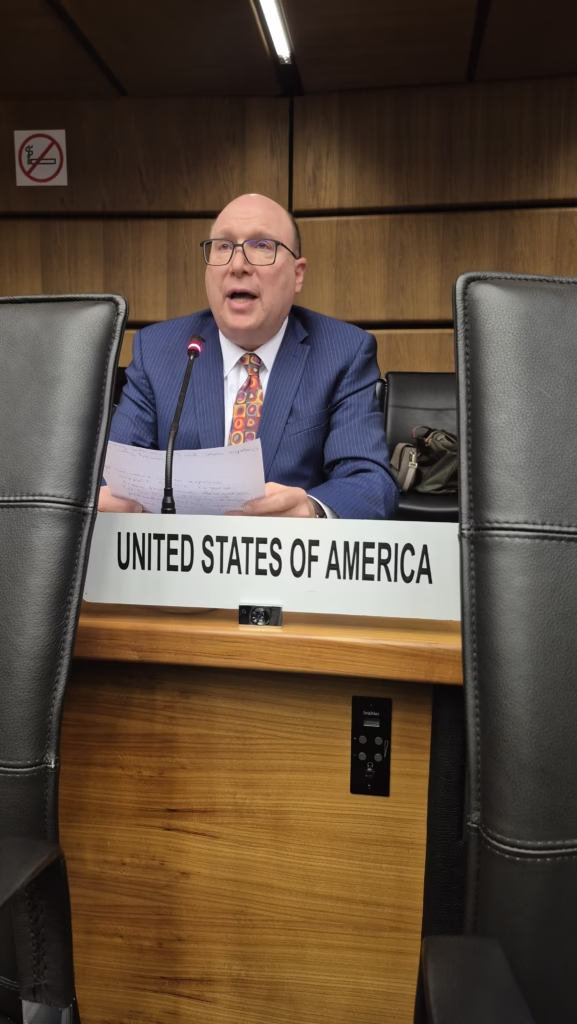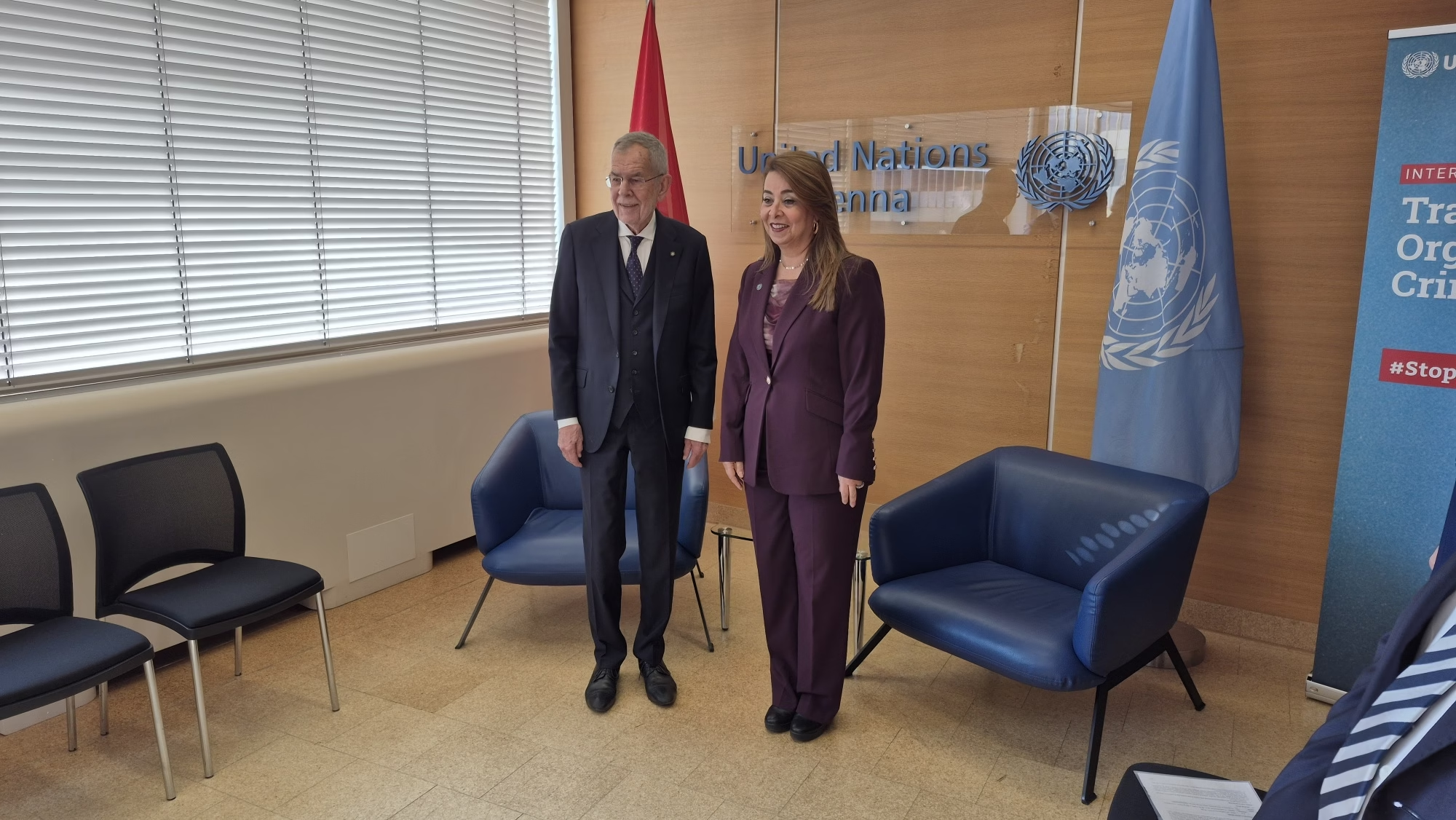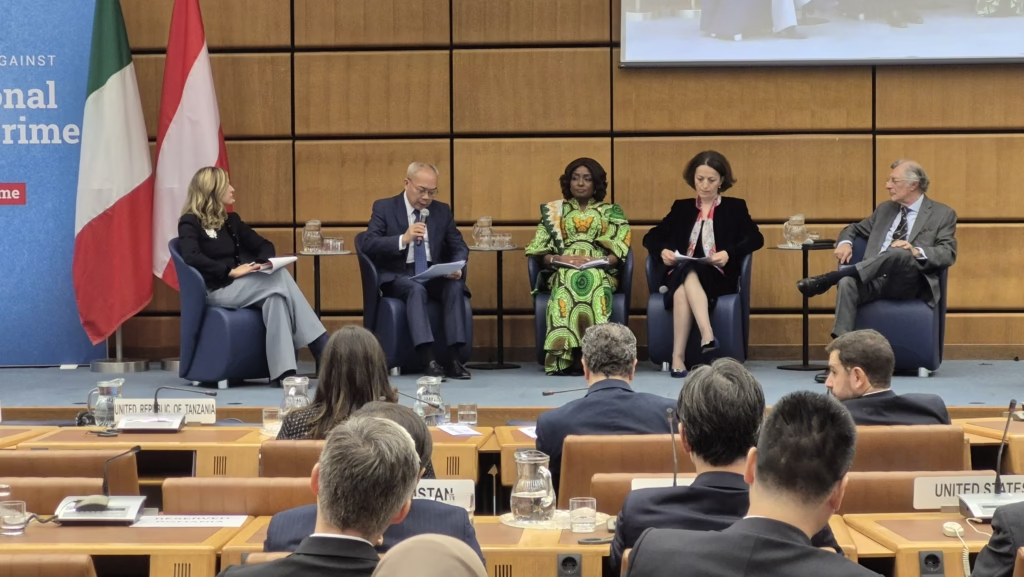
Understanding Transnational Organized Crime
Transnational organized crime (TOC) refers to criminal activities that span across national borders, involving networks of individuals or entities engaged in illicit acts. The complexity of TOC arises from its fluid and multifaceted nature, encompassing a variety of criminal enterprises such as drug trafficking, human smuggling, arms trafficking, and cybercrime. These forms of crime not only violate national laws but also undermine the stability and security of countries, creating a ripple effect that can influence global dynamics.
Drug trafficking is one of the most notorious forms of transnational organized crime, generating billions of dollars in revenue for criminal syndicates. This illegal trade harms societies by contributing to addiction, violence, and a range of public health issues. Human smuggling represents another grave concern, as individuals are exploited for various purposes, including forced labor and sexual exploitation. The plight of victims highlights the urgent need for international collaboration to address the root causes of these crimes and protect vulnerable populations.
In the digital age, cybercrime has emerged as a prominent form of TOC, transcending geographic boundaries with relative ease. Cybercriminals engage in activities such as identity theft, ransomware attacks, and online fraud, posing significant threats to individuals and corporations alike. The anonymity offered by the internet complicates law enforcement efforts, necessitating a unified global response to effectively combat these threats.
The ramifications of transnational organized crime are far-reaching, affecting economies, governance, and public safety. Countries plagued by TOC often experience weakened rule of law, corruption, and diminished economic opportunities, creating a vicious cycle of crime and poverty. Therefore, it is imperative for nations to work in concert to combat these pervasive issues, sharing intelligence and resources to disrupt the operations of organized crime syndicates. This cooperative approach is essential for fostering safer communities and promoting global stability.
Event Highlights and Objectives
The commemoration of the International Day Against Transnational Organized Crime serves as a pivotal platform to address the multifaceted challenges posed by organized crime on a global scale. This annual event, marked by international cooperation and comprehensive dialogue, aims to raise awareness about the severity of transnational crime and its implications for countries worldwide. One of the primary objectives of the event is to foster collaboration among nations, as combating organized crime requires a unified response from governments, law enforcement agencies, and civil society. By gathering representatives from various sectors, the event encourages the exchange of information, strategies, and best practices in the fight against these criminal networks.
Noteworthy speakers from diverse backgrounds, including law enforcement officials, policy makers, and experts on organized crime, contribute significantly to the event. Their insights shed light on successful strategies that have been implemented in different regions, providing valuable lessons that can be adapted and replicated. Panel discussions play a crucial role in this endeavor, allowing for an in-depth analysis of key issues such as drug trafficking, human smuggling, and money laundering, which are often interconnected facets of organized crime.
In addition to presentations and discussions, workshops are organized to enhance practical skills among participants. These sessions focus on developing effective response measures and understanding the pressing challenges posed by evolving crime trends. Engaging stakeholders in dialogue not only raises awareness but also inspires collective action towards shared goals. Together, these components create a comprehensive framework that ultimately seeks to disrupt transnational criminal networks and promote security, stability, and justice across nations. During the International Day Against Transnational Organized Crime, Ambassador Matilda Aku Osei-Agyeman addressed the challenges and consequences of cross-border criminal networks in Africa.
Key Takeaways and Impacts of the Event
The recent International Day Against Transnational Organized Crime provided an essential platform for stakeholders to engage in critical discussions concerning the multifaceted challenges posed by organized crime. Participants from various sectors—including law enforcement, academia, and civil society—shared insights that fostered a deeper understanding of the complexities surrounding transnational organized crime. Key themes emerged during the event, including the need for enhanced international collaboration, the use of technology in crime prevention, and the importance of community engagement.
One of the most significant takeaways was the collective acknowledgment that combating transnational organized crime requires a multi-pronged approach. This involves not only stringent law enforcement measures but also the strengthening of legal frameworks and the promotion of public awareness. Numerous presentations highlighted successful initiatives where cross-border cooperation significantly reduced organized criminal activities, underscoring the potential for tailored regional strategies. Additionally, the role of data analytics and technology was emphasized as an invaluable tool in identifying and disrupting criminal networks, making it clear that innovation must be a crucial component of future efforts.
Furthermore, participants recognized that community engagement is vital in addressing the root causes of transnational organized crime. By fostering local initiatives that promote education, economic opportunities, and social inclusion, regions can build resilience against the allure of organized crime. Recommendations included forming partnerships with non-governmental organizations to orchestrate grassroots campaigns, thereby empowering communities to take a stand against criminal activities.
Overall, the discussions from this event illuminated the urgent need for a collaborative, informed approach to problem-solving in the realm of organized crime. The actionable steps and recommendations derived from this gathering of experts serve as a roadmap for not only tackling current issues but also enhancing preventive measures at local, regional, and international levels.
Future Directions and Ongoing Initiatives
The international community continues to explore and implement various strategies aimed at combating transnational organized crime (TOC). A plethora of initiatives has emerged, focusing on enhancing collaboration among countries to fortify their resilience against these sophisticated criminal networks. Future directions emphasize the importance of developing comprehensive frameworks that incorporate law enforcement agencies, judicial systems, and community engagement.
One significant aspect of future efforts involves the creation of partnerships between governmental and non-governmental organizations, including civil society groups. These collaborations aim to share intelligence and resources, thereby strengthening the collective response to TOC. Initiatives such as joint task forces and training programs are also being explored to build capacity among law enforcement officials. Moreover, increased cooperation with private sector stakeholders is essential to tackle the complex financial networks that often underpin transnational crime.
Another pivotal focus moving forward is the integration of technology in combating TOC. Advances in data analytics, artificial intelligence, and blockchain technology present numerous opportunities for enhancing surveillance, information sharing, and investigative capabilities. As digital platforms continue to evolve, the necessity for updated tools and strategies to monitor illicit activities becomes critical. The development of technological tools such as biometric databases and threat assessment algorithms can significantly aid in identifying and apprehending members of organized crime syndicates.
Furthermore, ongoing initiatives derived from commemorating the International Day Against Transnational Organized Crime highlight the commitment to sustained engagement. Programs aimed at raising awareness and educating the public about the impacts of TOC are essential in cultivating a culture of vigilance. Collective efforts must persist to address the root causes of organized crime, including poverty and lack of opportunity, to reduce susceptibility to recruitment by such networks. Continued dedication from all sectors is crucial to ensuring progress and adapting to new challenges within this dynamic landscape of transnational organized crime.
